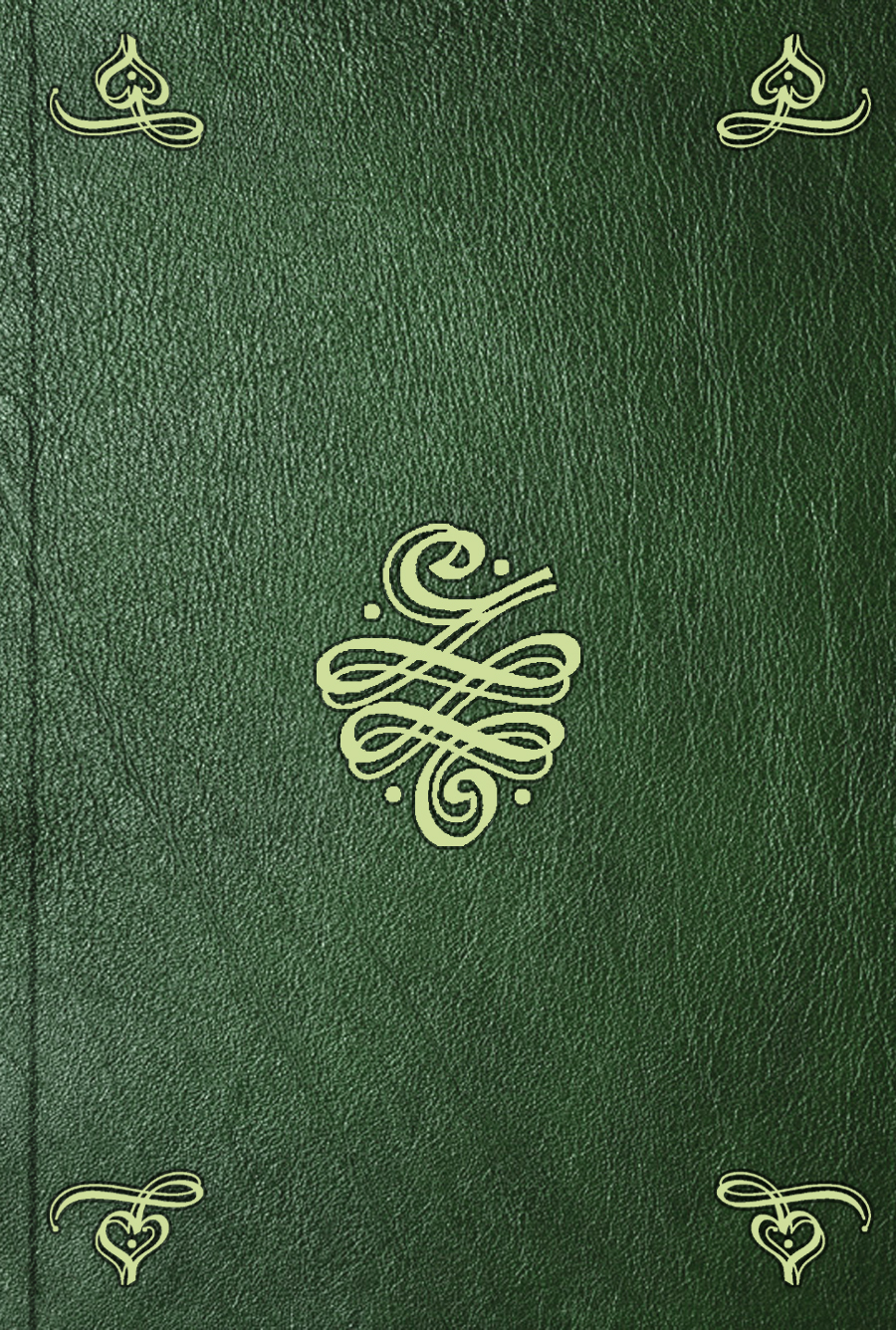Электронная книга: Soame Jenyns «A view of the internal evidence of the Christian religion»

|
Полный вариант заголовка: «A view of the internal evidence of the Christian religion / [by Soame Jenyns]». Издательство: "Библиотечный фонд" (1776)
электронная книга Скачать бесплатно на Litres |
Soame Jenyns
Soame Jenyns (
Biography
He was the son of Sir
For the measure of literary repute which he enjoyed during his life Jenyns was indebted as much to his wealth and social standing as to his accomplishments and talents, though both were considerable. His poetical works, the "Art of Dancing" (1727) and "Miscellanies" (1770), contain many passages graceful and lively though occasionally verging on licence.
The first of his prose works was his "Free Inquiry into the Nature and Origin of Evil" (1756). This essay was severely criticized on its appearance, especially by
In 1776 Jenyns published his "View of the Internal Evidence of the Christian Religion". Though at one period of his life he had affected a kind of deistic scepticism, he had now returned to orthodoxy, and there seems no reason to doubt his sincerity, questioned at the time, in defending Christianity on the ground of its total variance with the principles of human reason. The work was deservedly praised in its day for its literary merits, but is so plainly the production of an amateur in theology that as a scientific treatise it is valueless.
His heir was his uncle
A collected edition of the works of Jenyns appeared in 1790, with a biography by
References
*1911
External links
*worldcat id|lccn-n85-49481
Источник: Soame Jenyns
Другие книги схожей тематики:
| Автор | Книга | Описание | Год | Цена | Тип книги |
|---|---|---|---|---|---|
| Soame Jenyns | A view of the internal evidence of the Christian religion | Полный вариант заголовка: «A view of the internal evidence of the Christian religion / [by Soame Jenyns]» — Библиотечный фонд, электронная книга Подробнее... | 1776 | электронная книга |
См. также в других словарях:
The Church — The Church † Catholic Encyclopedia ► The Church The term church (Anglo Saxon, cirice, circe; Modern German, Kirche; Sw., Kyrka) is the name employed in the Teutonic languages to render the Greek ekklesia (ecclesia), the term by which… … Catholic encyclopedia
The Blessed Trinity — The Blessed Trinity † Catholic Encyclopedia ► The Blessed Trinity This article is divided as follows: I. Dogma of the Trinity; II. Proof of the Doctrine from Scripture; III. Proof of the Doctrine from Tradition;… … Catholic encyclopedia
The Church of Jesus Christ of Latter-day Saints — Classification Latter Day Saint movement Theology Nontrinitarian, Mormonism Governance … Wikipedia
Land-Tenure in the Christian Era — • The way in which land has been held or owned during the nineteen hundred years which have seen in Europe the rise and establishment of the Church is a matter for historical inquiry. Strictly speaking, the way in which such ownership or tenure… … Catholic encyclopedia
religion — religionless, adj. /ri lij euhn/, n. 1. a set of beliefs concerning the cause, nature, and purpose of the universe, esp. when considered as the creation of a superhuman agency or agencies, usually involving devotional and ritual observances, and… … Universalium
Religion in China — Three laughs at Tiger Brook , Confucianism, Taoism, and Buddhism are one, a litang style painting portraying three men laughing by a river stream, 12th century, Song Dynasty … Wikipedia
